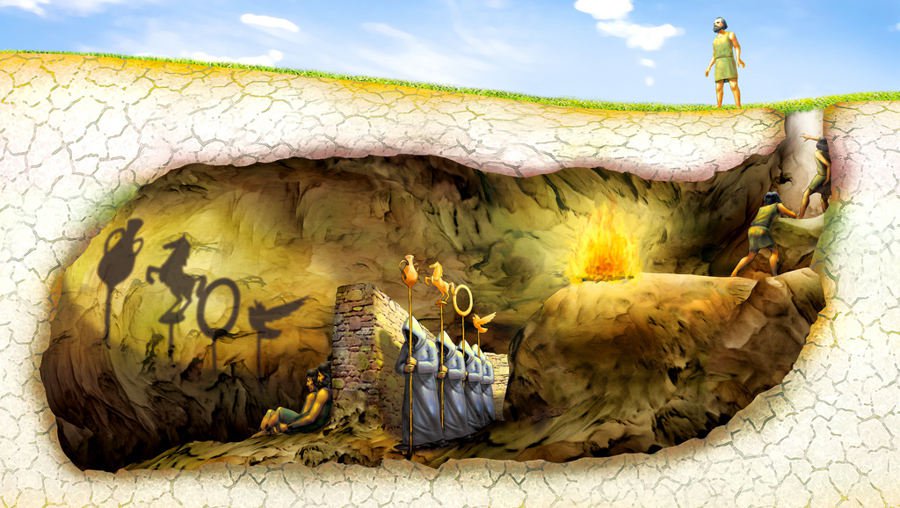Confucius reportedly said that true wisdom is to know the extent of one’s ignorance. In negative terms, a lack of wisdom exists where people consider themselves all-knowing experts, or as Hayek famously put it in his Nobel Prize speech in 1974: «The Pretence of Knowledge». He concluded his lecture with a warning:
«If man is not to do more harm than good in his efforts to improve the social order, he will have to learn that in this, as in all other fields where essential complexity of an organized kind prevails, he cannot acquire the full knowledge which would make mastery of the events possible. He will therefore have to use what knowledge he can achieve, not to shape the results as the craftsman shapes his handiwork, but rather to cultivate a growth by providing the appropriate environment, in the manner in which the gardener does this for his plants. […]
The recognition of the insuperable limits to his knowledge ought indeed to teach the student of society a lesson of humility which should guard him against becoming an accomplice in men’s fatal striving to control society – a striving which makes him not only a tyrant over his fellows, but which may well make him the destroyer of a civilization which no brain has designed but which has grown from the free efforts of millions of individuals.»
You find self-proclaimed experts everywhere today. It is a matter of a quick Google search and you will have access to would-be expertise in a myriad of different fields. However, there is good scientific reason to believe that expert knowledge is much scarcer than we dare to think.
Instead of claiming (and wanting) to be an «expert» in everything, we should humble ourselves. While still being aware of the fact that we may find new knowledge about reality, we should be cognizant of the more likely outcome that we will fail in doing so. We humans are imperfect beings, both compared with the infinite space of the universe and with regard to our less than perfect intellectual faculties.
Exercising modesty and effacing ourselves – not expecting that beautiful flowers will regularly spring up from parched soil, and conversely, not assuming that fragile flowers can (and will) ever be old and mighty trees –, that’s true wisdom. So, let’s be humble gardeners in our own dealings, and beyond that!



